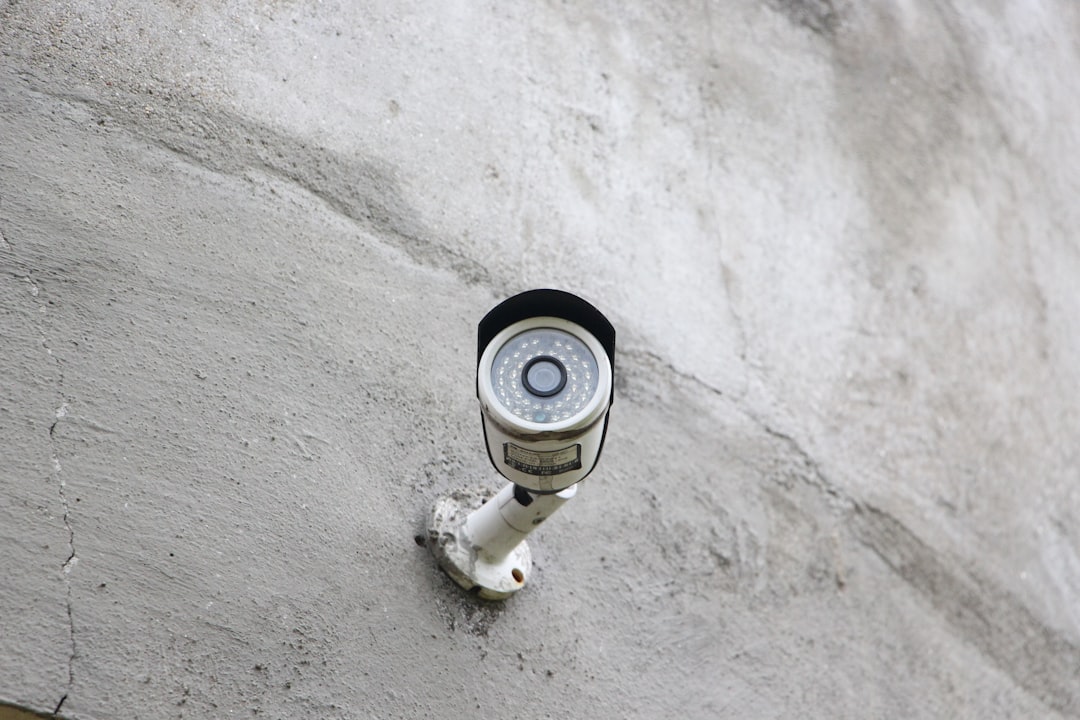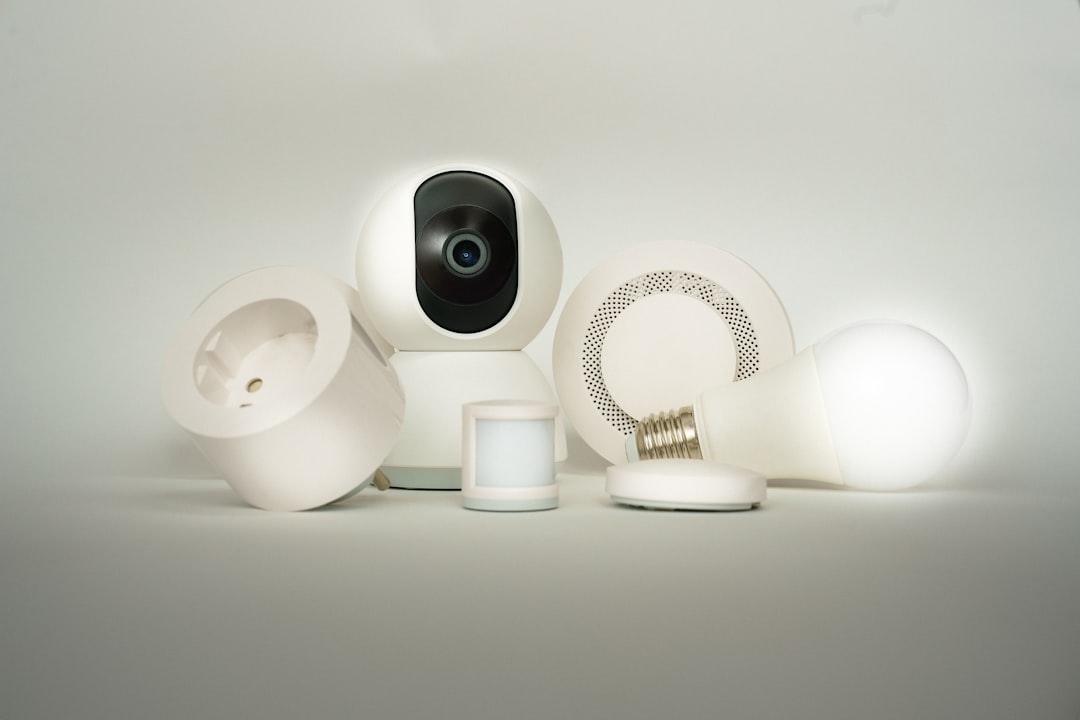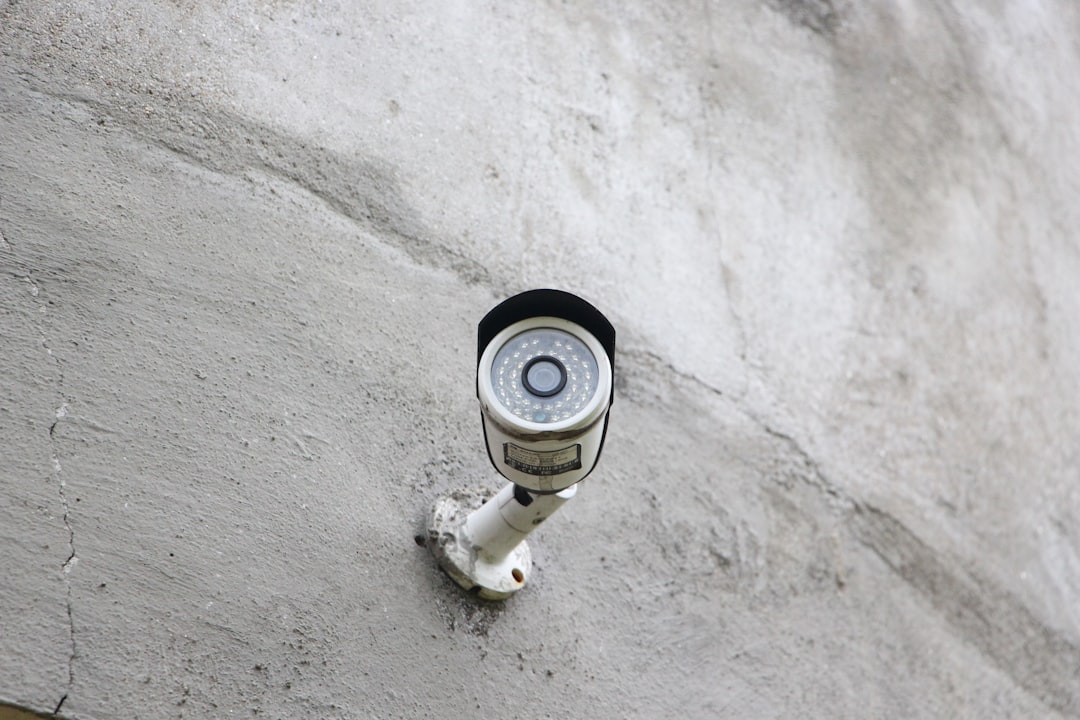Home security cameras can feel like magical little spies. They sit quietly and watch over your home. But do they really record every single second of every single day? Let’s find out!
Short Answer: Sometimes!
Not all home security cameras work the same way. Some record all the time. Some only record when something happens. It depends on how your camera is set up and what kind of system you use.
Main Recording Types
Most home security cameras fall into two main categories:
- Continuous Recording: These cameras record 24/7 — all day, every day.
- Motion-Activated Recording: These cameras start recording only when they sense motion or sound.
Let’s break each one down to make it easier to understand.
1. Continuous Recording
Buzzing with power! Continuous-recording cameras capture everything — your cat walking across the room, the wind chimes swinging, and even you dancing in the kitchen.
Advantages:
- You don’t miss a thing.
- Great for businesses or places that need constant monitoring.
Disadvantages:
- Needs a lot of storage.
- Can be more expensive.
- Harder to find specific events in endless footage.
2. Motion- or Event-Triggered Recording
These cameras wake up only when they have a reason to — like movement, sound, or a motion sensor alert.
Advantages:
- Uses less storage.
- Easier to find events that matter.
- Usually cheaper cameras and plans.
Disadvantages:
- Might miss something if the motion sensor doesn’t trigger.
- Pet movement or shadows may cause false alarms.

Features That Affect Recording
Let’s take a look at what can change how and when your cameras record:
1. Camera Type
Indoor cameras, outdoor cameras, wired, wireless — each has different features. Some are built only for alerts, while others are designed to store continuous footage on a local drive or cloud.
2. Storage Options
- Cloud Storage: Sends your videos to the internet, where they’re saved on company servers. Usually subscription-based.
- Local Storage: Keeps your recordings on a memory card, DVR, or NVR. No extra fees, but can fill up quickly.
3. Power Source
- Wired Cameras: Always powered, great for 24/7 recording.
- Battery-Powered Cameras: Often use motion-trigger recording to save battery.
4. Internet Connection
Some cameras need the internet to save video to the cloud. But if your connection is spotty, your footage might be missed!
Choosing the Right Camera Type for You
Here’s a fun little cheat sheet:
- Want to watch everything all the time?
Get a continuous-recording, wired camera with a local DVR. - Just care about key events?
Choose a smart motion-activated camera with cloud storage. - No power outlets nearby?
Grab a battery-powered cam that’s easy to install but only records on motion.

Can You Switch Between Modes?
Yes! Many cameras let you choose how they record. You can:
- Switch to continuous mode when you’re on vacation.
- Use motion mode when you’re home and just want alerts.
Some smart systems can even change modes automatically based on your phone’s location or a schedule you set. Handy, right?
How to Tell If Your Camera Is Recording
Different brands have different signs. Some cameras:
- Show a blinking light.
- Display a red dot in the app.
- Let you view events or a timeline in real-time.
Check your app or camera settings menu. Most have a “Live Stream” or “Recording Log” to show what’s being saved.
Privacy Concerns
Continuous recording might catch more… including private moments. 😳
If you live with family or roommates, discuss camera zones first. No one wants a camera staring into their bedroom or bathroom!
And always make sure you let visitors know if you have cameras, especially ones inside the home.
Common Home Camera Brands and Their Features
- Ring: Primarily motion-triggered unless using advanced plans.
- Arlo: Motion-based by default; some plans support 24/7 recording.
- Nest: Offers both options — continuous if you buy their Nest Aware Plus plan.
- Eufy: Local storage focused, mostly event-based recording to save battery.
So… Do Home Security Cameras Record All the Time?
It depends! Some do. Some don’t. But you get to decide what works best for your house, your wallet, and your peace of mind.
If you just want to know when the mail arrives or someone rings the doorbell, motion-based cams are fine. If you want to turn your home into Fort Knox, go for a 24/7 setup.
Final Tips
- Check your camera settings! That’s where you control when it records.
- Test alerts and recordings. Move around and see what it catches.
- Balance privacy and safety. Cameras are useful, but don’t overdo it inside the house.
And remember — security cameras are smart, but they’re not psychic. 🍕
Choose the features that match your lifestyle, and you’ll rest easier knowing your home is being watched… the right way.




